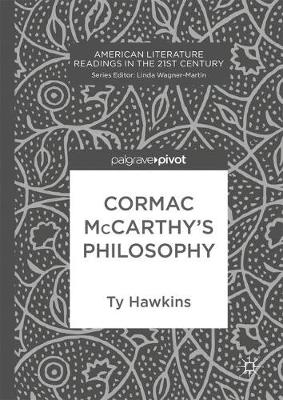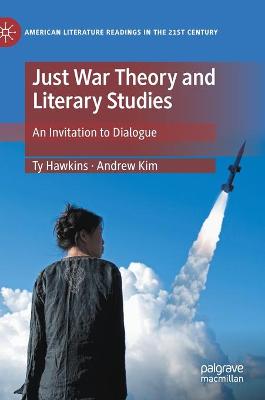American Literature Readings in the 21st Century
2 total works
This book questions when, why, and how it is just for a people to go to war, or to refrain from warring, in a post-9/11 world. To do so, it explores Just War Theory (JWT) in relationship to recent American accounts of the experience of war. The book analyses the jus ad bellum criteria of just war-right intention, legitimate authority, just cause, probability of success, and last resort-before exploring jus in bello, or the law that governs the way in which warfare is conducted. By combining just-war ethics and sustained explorations of major works of twentieth and twenty-first century American war writing, this study offers the first book-length reflection on how JWT and literary studies can inform one another fruitfully.

